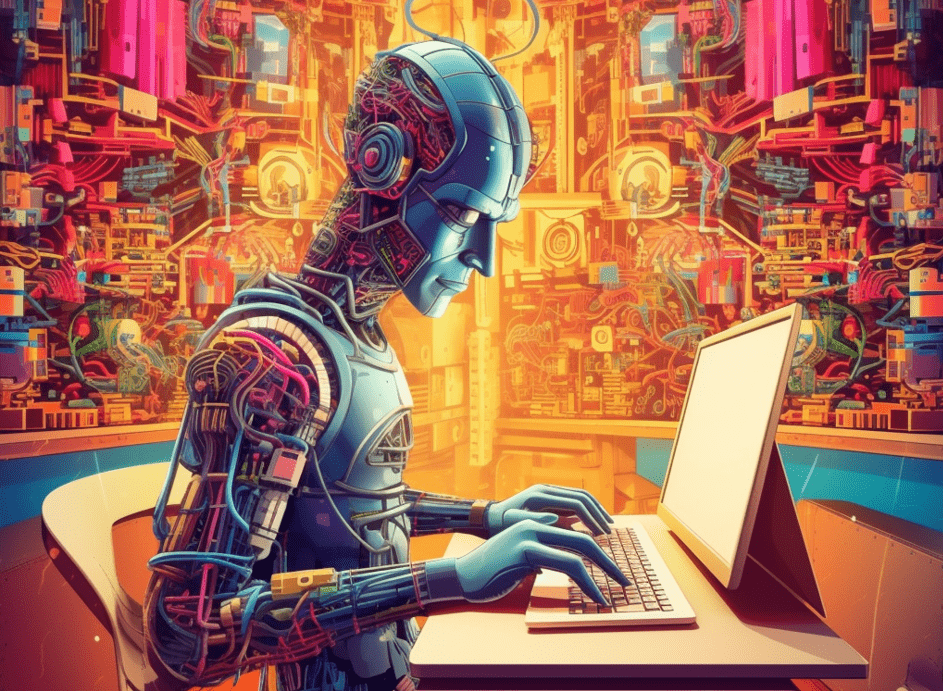The Impact of AI on Content Creators
The rapid advancements in AI technology have significantly impacted various industries, including content creation. What impact does AI have on content creators and what does this mean for the future of content creators?

Topic
Artificial intelligence (AI) is taking on a transformative role in the realm of content creation. This study examines the ways in which AI technologies, such as AI-enhanced and AI-generative applications, impact productivity, creativity, and content quality in various industries. Additionally, the study investigates the complex dynamics surrounding the disclosure of AI involvement in content creation and its implications for content creators and influencers. By exploring these dimensions, the thesis sheds light on the potential of AI to reshape the content creation landscape and provides insights into the challenges and opportunities that arise from its integration.
Relevance
With the increasing use of AI in various industries, understanding its impact on productivity, creativity, and content quality is important for practitioners in the content creation space to stay competitive in the rapidly evolving digital landscape. This thesis provides valuable insights into how AI technologies impacts content creation processes and potentially transforms the industry. Moreover, the examination of disclosure practices regarding AI utilization is important for practitioners to navigate ethical considerations using AI to create content, as well as policymakers and researchers investigating potential restrictions for AI usage.
Results
The results of this Master's Thesis highlight the significant impact of AI on content creation. The findings show that AI technologies have led to increased productivity through efficiency gains and time savings. Enhancements in content quality have been observed through AI-enhanced applications, although AI-generative methods are still evolving and currently not on the human quality level yet. The research indicates that AI can enhance creativity of content creators by leveraging a bigger data pool and higher speed. The findings also reveal divergent perspectives on disclosure, with content creators generally less inclined to disclose AI usage compared to influencers.
Implications for practitioners
- Incorporating AI technology can significantly increase productivity and efficiency in content creation processes.
- AI-enhanced applications offer the potential to improve the quality of content by streamlining repetitive tasks and allowing creators to focus on enhancing their work.
- AI-generated content is still evolving and may not yet match the quality level of traditionally created content, but it holds promise for future improvements.
- AI serves as a valuable tool for enhancing creativity by providing a larger data pool for decision-making and enabling faster ideation.
- The issue of disclosure regarding the use of AI in content creation varies among practitioners, with content creators showing less inclination to disclose compared to influencers who prioritize transparency with their audience.
Methods
This Master Thesis employed a qualitative research methodology to explore the impact of AI on content creation. 10 Semi-structured interviews were conducted with industry professionals. After reaching theoretical saturation the interview process was stopped and the transcribed interviews were coded manually using MAXQDA into first order concepts, second order themes and aggregate dimensions. The research approach allowed for in-depth exploration of participants' perspectives, experiences, and perceptions related to AI in content creation. The qualitative nature of the study provided rich and nuanced insights into the complex dynamics and implications of AI technology.
